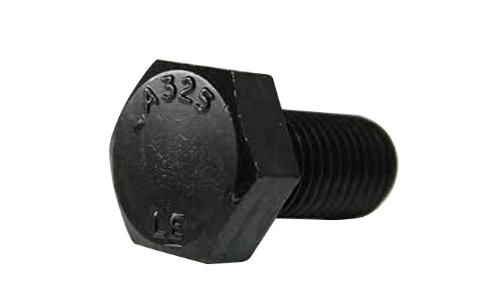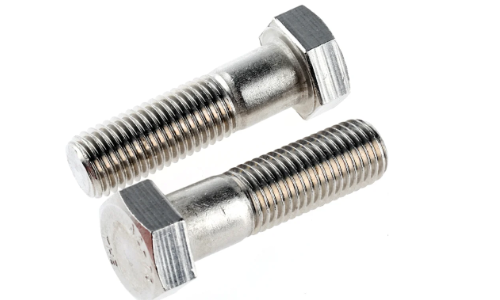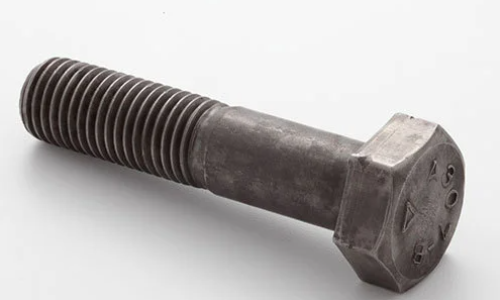

Introduction: Bolts are widely used in various industries as essential fastening and connection components. To enhance their corrosion resistance and longevity, bolts often require surface treatments. In this article, we will explore eight common surface treatment methods for bolts, including Dacromet, Hot Dip galvanized, Copper plated, Zinc Plated, Yellow Zinc Plated, Black Oxide, Stainless Steel, and Plain bolts.
Dacromet: Dacromet is a corrosion-resistant coating that provides excellent protection against harsh environmental conditions. It is a non-electrolytic process that creates a thin film on the bolt's surface, offering resistance to corrosion, chemicals, and high temperatures. Dacromet-treated bolts are commonly used in automotive, marine, and construction applications.
Hot Dip Galvanized: Hot Dip galvanizing involves immersing bolts in a bath of molten zinc, forming a thick, durable coating. This method provides exceptional corrosion resistance, making it suitable for outdoor and corrosive environments. Hot Dip galvanized bolts are commonly used in infrastructure projects, utility poles, and outdoor structures.
Copper Plated: Copper plating is a process where a layer of copper is electrochemically deposited onto the bolt's surface. Copper-plated bolts offer good electrical conductivity, high corrosion resistance, and a pleasing aesthetic appearance. They find applications in electrical equipment, electronic devices, and decorative fixtures.
Zinc Plated: Zinc plating is a widely used surface treatment method that involves electroplating a layer of zinc onto the bolt's surface. Zinc-plated bolts exhibit good corrosion resistance and are cost-effective. They are commonly used in general applications where moderate corrosion protection is required.
Yellow Zinc Plated: Similar to zinc plating, yellow zinc plating offers the added benefit of an additional chromate conversion coating. This chromate coating enhances corrosion resistance and provides a distinctive yellowish appearance. Yellow zinc-plated bolts are commonly used in outdoor furniture, automotive components, and household appliances.
Black Oxide: Black oxide treatment involves a chemical conversion process that creates a black-colored oxide layer on the bolt's surface. This coating provides mild corrosion resistance and improves the bolt's appearance. Black oxide-treated bolts find applications in automotive, machinery, and firearms industries.

Stainless Steel: Stainless steel bolts are made from a corrosion-resistant alloy that contains chromium and other elements. They offer excellent resistance to rust, chemicals, and extreme temperatures. Stainless steel bolts are widely used in industries such as food processing, marine, and medical equipment.

Plain Bolts: Plain bolts refer to untreated bolts without any specific surface treatment. While plain bolts lack the additional protection of surface coatings, they are suitable for applications where corrosion resistance is not a primary concern, such as indoor settings or temporary installations.

Conclusion: Selecting the appropriate bolt surface treatment is critical to ensuring its durability and performance in a variety of environments. The choice of Dacromet, hot-dip galvanized, copper, galvanized, yellow galvanized, black oxide, stainless steel or plain bolts depends on factors such as application, environmental conditions and budgetary considerations. By understanding the characteristics and benefits of each surface treatment, engineers and industry professionals can make informed decisions when selecting the ideal bolt for their specific needs.
If you are unsure how to choose a bolt surface treatment, please contact Hebei Yunteng and we will have professional staff to answer your questions.